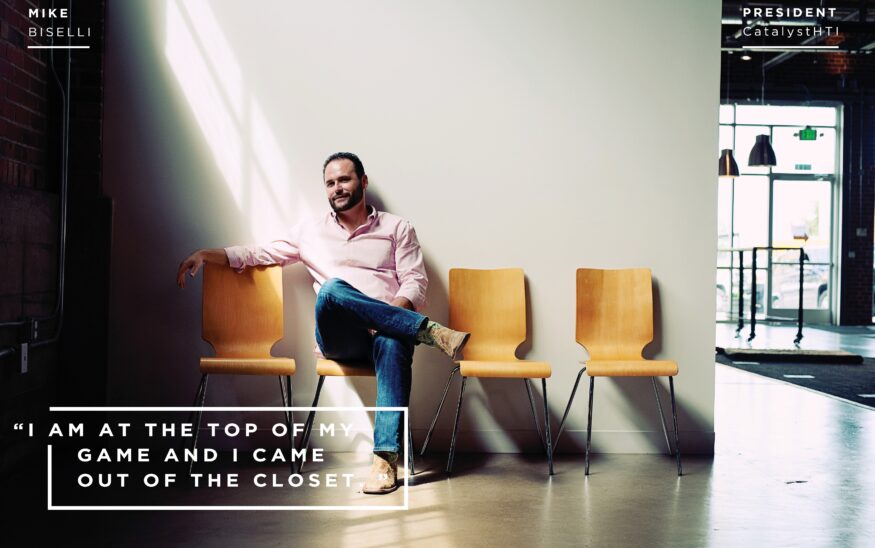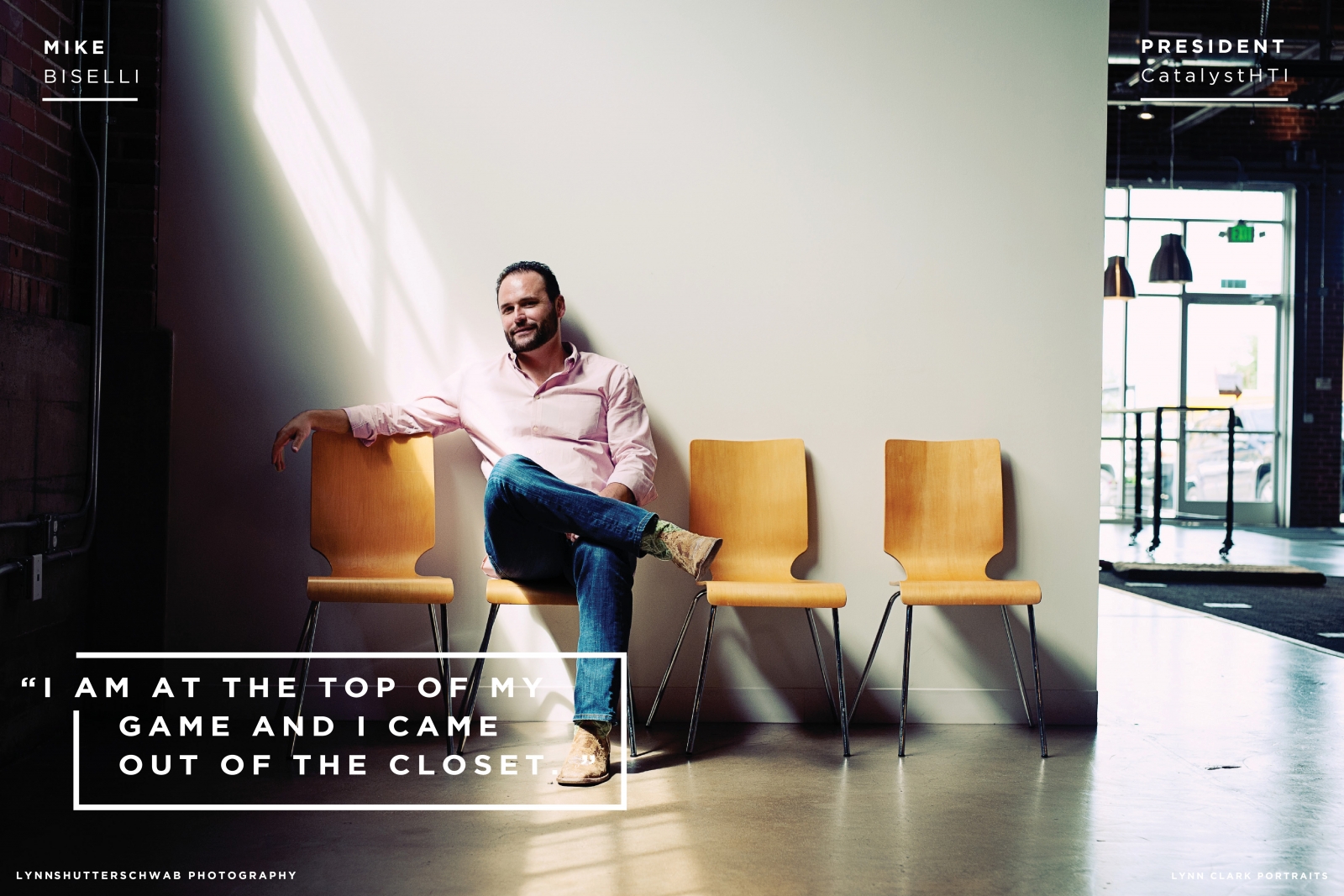Catalyst HTI bullish on health-care innovation despite politics
Mike Biselli's model for integrative success – Catalyst HTI – has potential to build cooperation
Kristin Darga //June 27, 2017//


Catalyst HTI bullish on health-care innovation despite politics
Mike Biselli's model for integrative success – Catalyst HTI – has potential to build cooperation
Kristin Darga //June 27, 2017//

With the recent sociopolitical turmoil caused by the American health-care system, entrepreneur Mike Biselli came up with a new and potentially revolutionary solution to the pervasive and complex problem. His model for integrative success – dubbed Catalyst HTI – has the potential to build cooperation between civilians, biomedical engineers, entrepreneurs, politicians and physicians. The project is unique because it emphasizes the development of community through technological innovation.
Catalyst HTI aims to provide an integrative office for health-care professions to work across disciplines, including doctors, dentists, physical therapists, nutritionists, insurance provides and others who ensure patients receive the care they need.
The Catalyst HTI website depicts the environment as including: “…a 3D-printing and Idea Lab, a software and business academy, incubators, accelerators, venture funding, a primary care clinic (powered by Kaiser Permanente), proximity to downtown and University of Colorado Anschutz’s Medical Campus, along with onsite restaurants, workout facility, event and meeting spaces, and more to advance the progress of ideas and action for the healthcare industry.”
Despite naysayers and roadblocks to his dream, Biselli remains steadfast to this vision.
He says he did not conjure the Catalyst concept for a payout, but because he believes it will forever positively impact the community.
The debate between the Affordable Care Act and the Trump Administration’s new health-care reform proposal has wide and varied implications.
For the most part, we aren’t arguing over the necessity of care, rather the best way to institute it.
“If we do not change health care, I firmly believe it has the potential of putting our country on its knees,” says Biselli.
By abolishing ACA, many fear it would result in job loss within the health-care sector. A study by George Washington University predicts the decision to repeal Obamacare could lead to the loss of 3 million jobs, presenting a potential challenge for Biselli, and the next generation of innovators interested in biomedical engineering.
Nasib Abdullah – a recent graduate of the University of Colorado Denver – says, “I originally chose bioengineering because I have always been interested in biological sciences. The combination of real world application and content drew me in. Although at this time I am not planning on entering the bioengineering industry, I feel as though a lot of the things I was interested in carry over into medicine … strategies for applications in biology.”
Instead, Abdullah returned to school after getting his degree, becoming a certified physician’s assistant, convinced that with the rising cost of health care, there will be more demand for mid-level practitioners.
One of the primary issues Abdullah sees for the future of bioengineering is the time and cost of FDA approval for new technologies and medications.
According to the Tufts Center for the Study of Drug Development, it takes a minimum of $2.6 billion to develop a new drug or piece of medical technology – $1.4 billion of which will be out-of-pocket for research organizations. With proposed budget cuts, researchers may be discouraged from making new medical advancements, and progress may be derailed.
“What insurance companies and consumers are willing to pay can affect the kinds of projects bioengineering firms undertake,” Abdullah says. “The baby boomer generation [aging] and requiring more medical care will only put greater pressure on developing new solutions.”
Despite fear of federal funding cuts, Catalyst HTI’s momentum is speeding up.
The project will be located in the River North district and is expected to make its debut in 2018., backed by sponsors, including the City of Denver, the State of Colorado, the University of Colorado Denver, Regis University and the Anschutz Medical Campus.
Samantha Sharrar is currently a graduate biomedical engineering student at the Anschutz Medical Campus in Aurora. When she earns her degree, she hopes to pursue her passion for travel and enter the global health industry associated with biomedical engineering.
She says she shares Biselli’s optimism for the future of the industry and ability for continuing innovation regardless of political challenges.
“I am very fortunate to feel very secure about being able to attain a job,” Sharrar says.
Roland Lyon, president of the Kaiser Permanente Health Plan of Colorado, a lessee in Catalyst HTI, says he is excited to have KP on board for this innovative project.
“The Kaiser Permanente health innovation center at Catalyst HTI will provide a collaborative venue where we can be part of the conversation to make health care more efficient, accessible and affordable,” Lyon says.
Kaiser serves as an example of a legacy industry player getting involved in an entrepreneurial effort in the health care space.
“I think part of the entrepreneurial game is being able to see the future that people can’t see right now,” Biselli says. “It is our job to take people into the new future.”



























